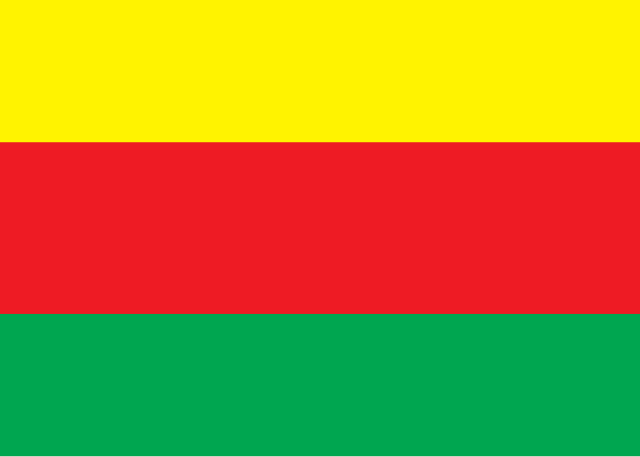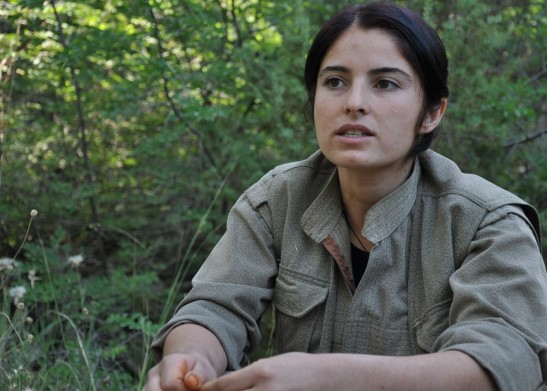
Rojava-Northern Syria Democratic Federal System https://rojavareport.wordpress.com/2016/03/21/the-democratic-federation-in-rojava-and-north-syria/


«Sena İbrahim, a Syriac from Derik in Rojava, has spoken about her reasons for joining the guerillas and the need for others to do the same. Sena, who now goes by the codename Zin Zagros, made a call you the youth of Kurdistan, saying it was “time for them to join the revolution and to defend its gains.”
Zagros first joined the guerrillas in 2012 having been affected by the revolution in Rojava. Although Zagros was born in Derik she was raised in Damascus where she completed two years of university.
Zagros spoke of the difficulties of defining a specific Syriac culture owing to the hegemonic forces within Syria, explaining that “it is not possible to talk about a Syriac culture. We all grew up heavily affected by Arab bourgeois culture.”
She also stressed how despite having grown up in a relatively cosmopolitan environment in the capital, in which Syriacs were relatively safe from religious pressures, the outbreak of war had made it impossible for Syriacs to live in much of the country.
Zagros explained that “because of the large-scale massacres which happened after the war began we moved to Rojava. Because of the proclamation of the Canton system there in which there is a possible for all segments of society to live a free life we had no problems.”
Because there had been tensions between Muslim and Christian communities in the past, Zagros says that at first many local Christians had approached the project of Democratic Autonomy with scepticism and certain reservations at first. However following the revolution and the implementation of the new order that Kurds were attempting to build, she explained that “Armenians and Syriacs came to understand that they had a place in this order and that they would protect and defend their rights. As a result of this they began to take part in the administration of the cantos and locally autonomous governments. Because a system developed in which people accepted one another and showed respect for one another whatever one’s cultural or religious background. This culture of a common life continued to develop. They understood that the attacks against Rojava were entirely targeted against Syriacs, Armenians and Kurds and did not recognize cultural or religious differences. It became obvious that the gangs which were forming in Syria were mostly targeting religious minorities and carrying out massacres. For this reason they realized the need for a life of cooperation and stronger organization.”» https://rojavareport.wordpress.com/2014/08/12/syriac-guerilla-now-is-the-time-to-join-the-revolution/

A Nation in Irak, Iran, Turkey and Syria ...
Sem comentários:
Enviar um comentário
Muito obrigado pelo seu comentário! Tibi gratiās maximās agō enim commentarium! Thank you very much for your comment!